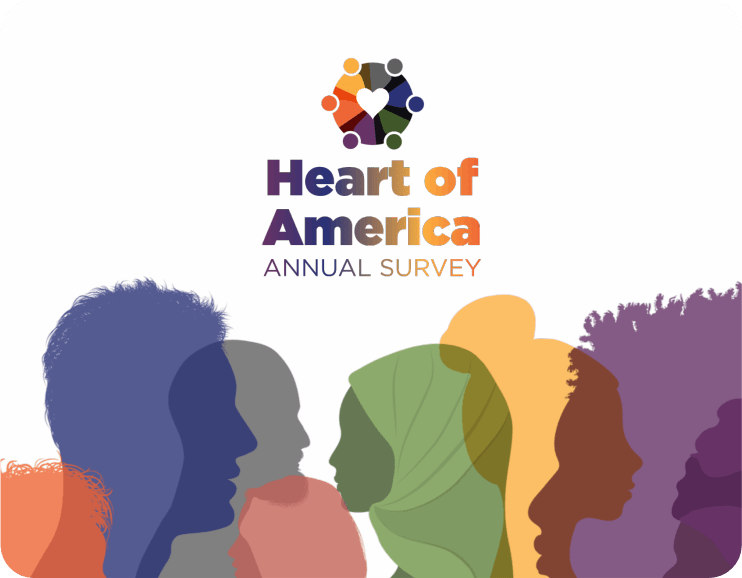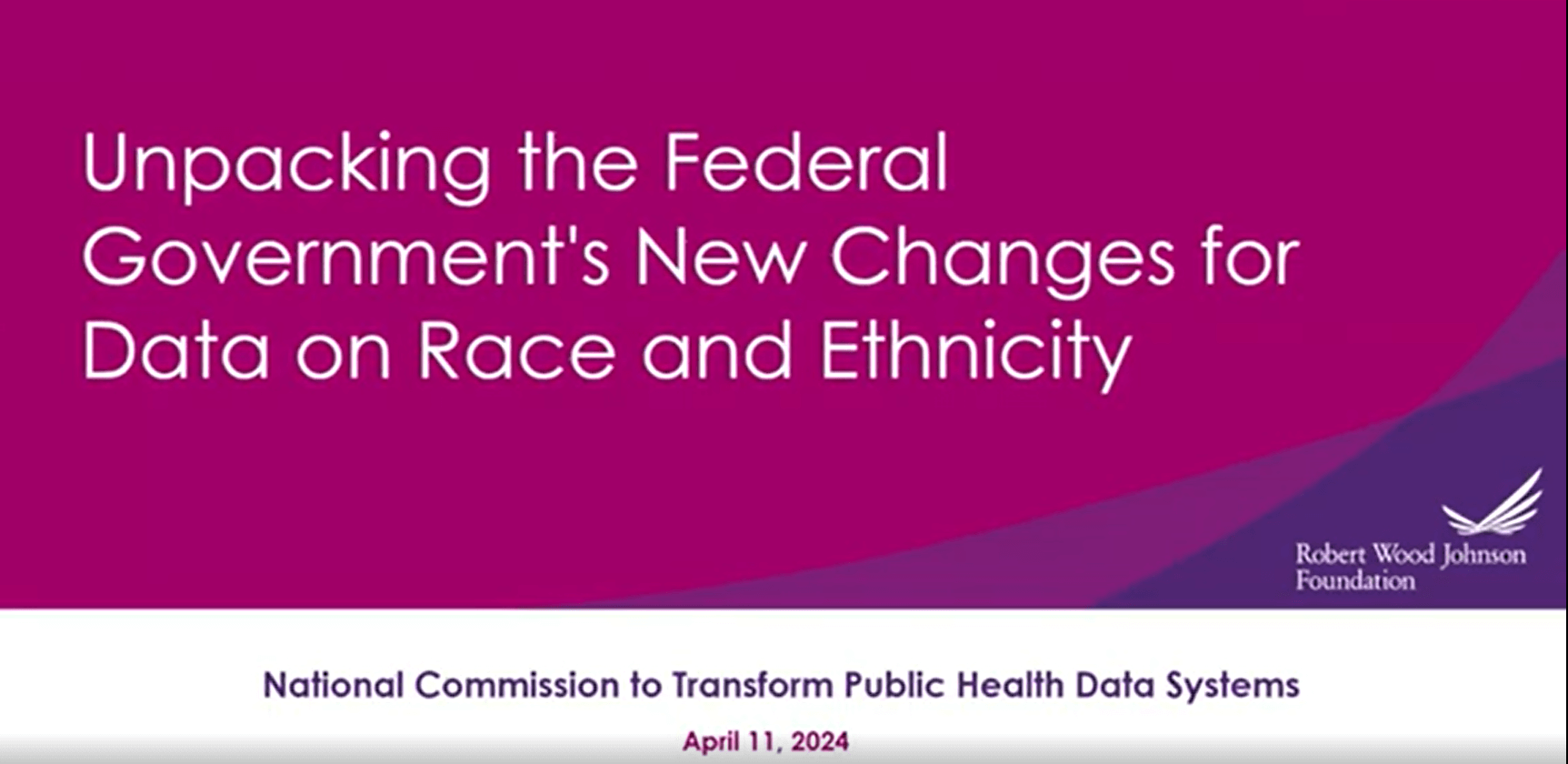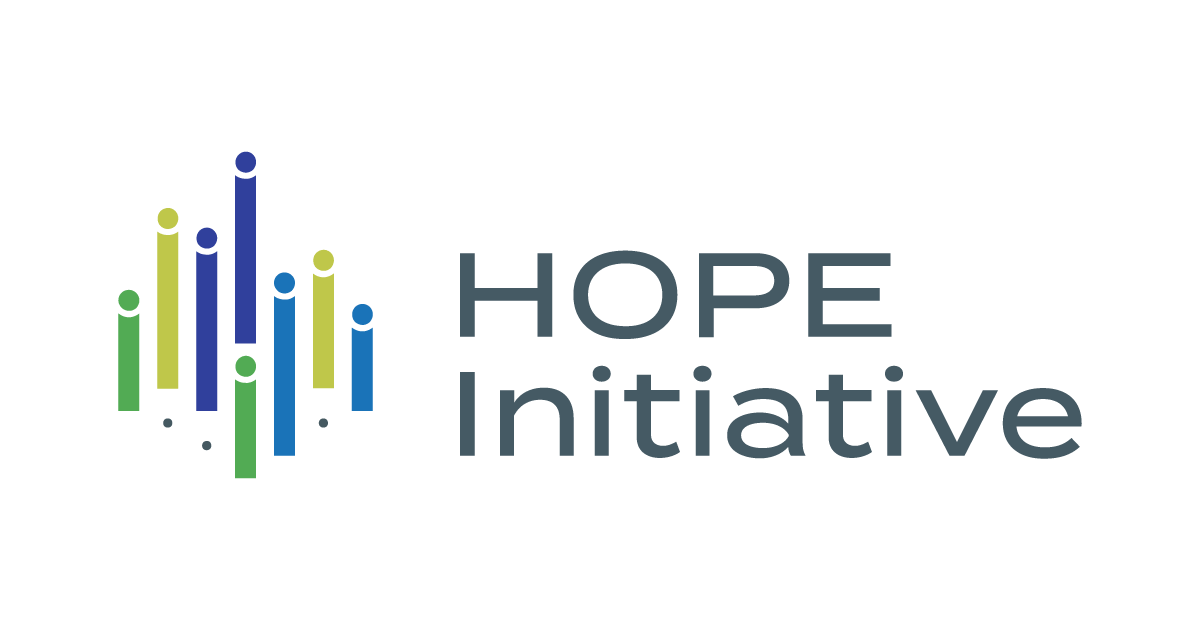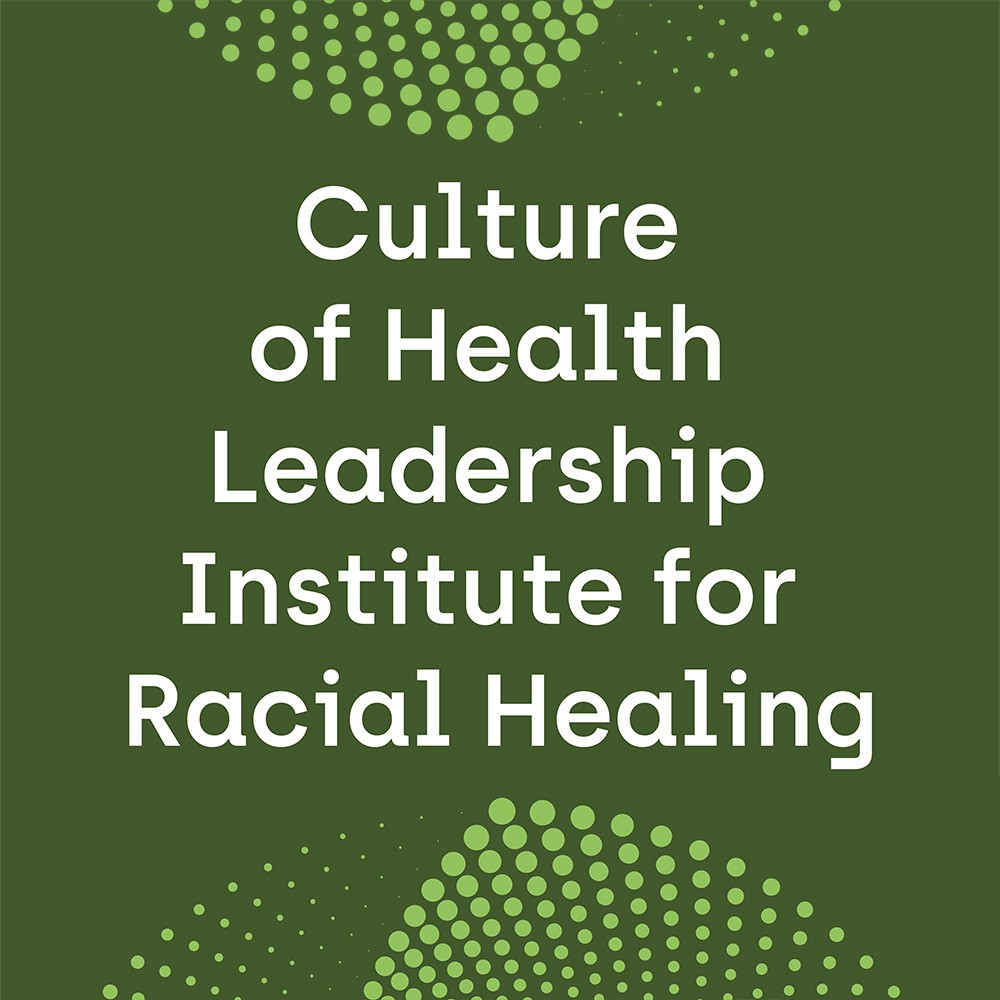NCHE 2nd Heart Of American National Poll Finds a More Unified Nation That Seeks More Empathy From Our Leaders.
The National Collaborative for Health Equity (NCHE), in partnership with BSG and the American Association of Colleges & Universities (AAC&U), conducted a survey among a nationally representative sample of 1,306 American adults to delve into their experiences of division in our country, their aspirations for overcoming these divisions, and strategies for promoting racial healing.
Despite the palpable feelings of division, the desire for unity remains robust. A significant majority continue to take pride in their American identity, and optimism about finding lasting common ground has increased from 67% last year to 74%.
Dr. Gail Christopher, Executive Director at NCHE, notes, “Although a clear majority of respondents agree that America is more divided now than it ever has been, this perception may be what psychologists call the ‘illusory truth effect’. When a statement or a slogan is repeated over and over again, it becomes embraced as a truth, even if it’s false. The most monstrous dictators and tyrants in history have used this strategy to control populations. But it was not until the 1970s that psychologists analyzed the data and coined the term illusory truth effect. The new book, entitled Look Again: The Power of Noticing What Was Always There by Tali Sharot and Cass R. Sunstein is a wonderful twenty-first century exploration of how today’s media environment can help readers understand why repeated exposure to misinformation affects our ability to discern truth from falsehood. Repeated misinformation affects our brains and can cause us to habituate and begin to believe lies.”











